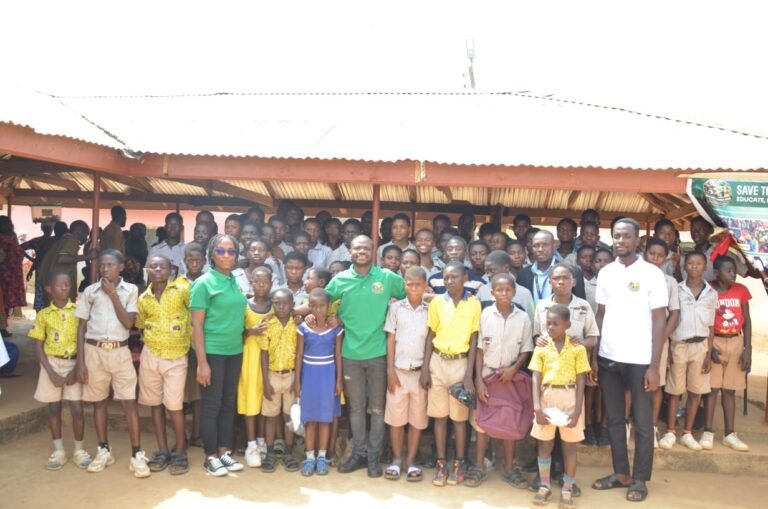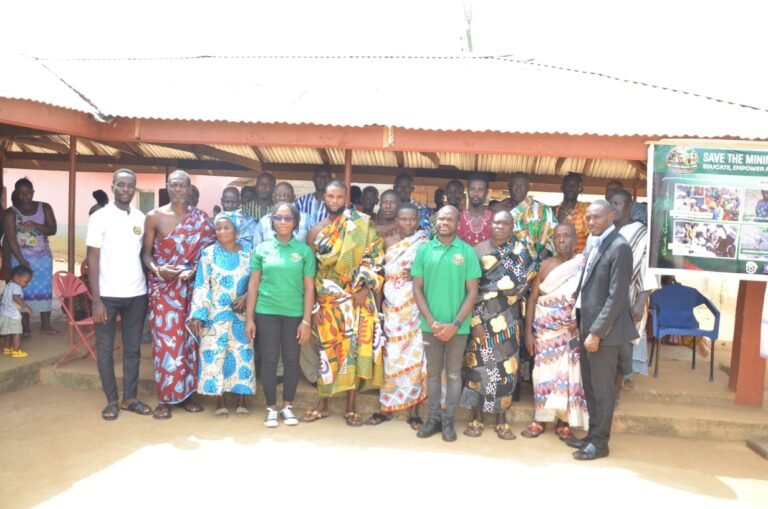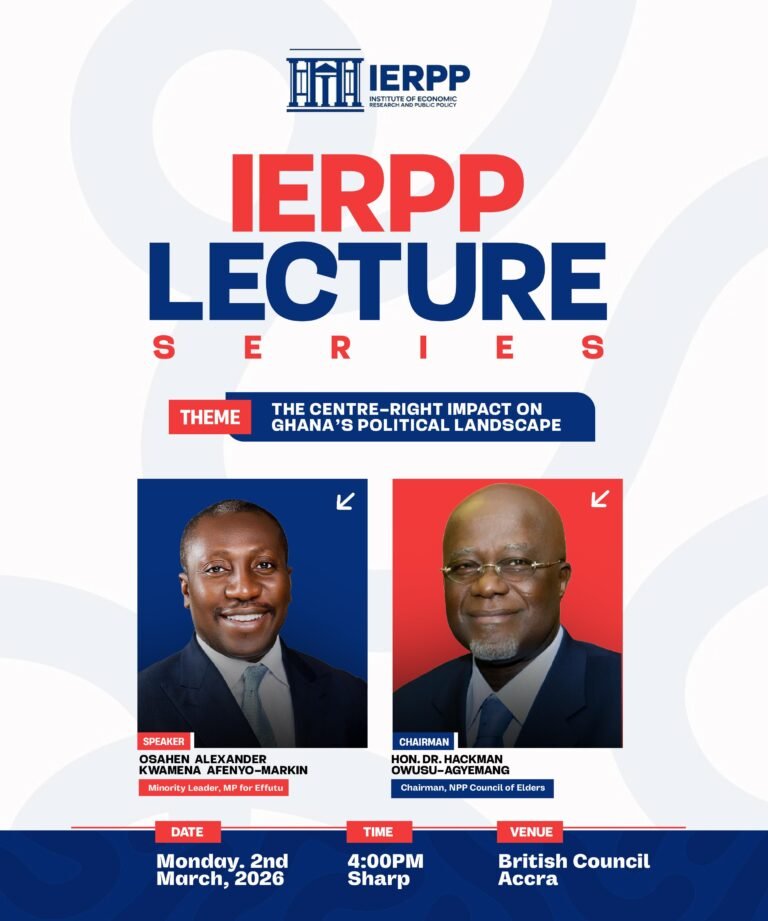
Dr. Frank Bannor, Development Economist and Head of Research at Danquah Institute
By Bright Philip Donkor
Dr. Frank Bannor, Development Economist and Head of Research at the Danquah Institute, has observed that the policies of the opposition National Democratic Congress (NDC) are failing to resonate and connect with the general populace as the December polls draw near.
In an interview on ADOM TV BADWAM show on August 21, 2024, he indicated that the NDC’s approach to policy promotion such as the “Free university fees for first-year students”, “24-hour economy”, “Big -Push”, “National Apprenticeship programme”, “Women Development Bank” and “The Big Push”, among many other policies, has been ineffective and counterproductive.
Out of touch
Dr. Bannor contended that the NDC’s policies and their presentation by party leaders are not resonating well with Ghanaians. He attributed this disconnect to the party’s reliance on provocative rhetoric rather than constructive dialogue.
According to Dr. Bannor, the NDC has been focusing on what he termed “beating war drums” instead of engaging in meaningful and peace-oriented discussions.
“The current strategy of the NDC, characterized by inflammatory statements, propaganda and a confrontational stance, is not what Ghanaians need at this time,” he stated.
He emphasised that such tactics do little to address the real issues facing the country and may only serve to heighten tensions rather than promote unity and constructive debate.
Positive precedent
Dr. Bannor urged the NDC to reconsider its approach and adopt a more constructive and evidence-based strategy. He criticized the party for what he described as speculative actions that lack a solid foundation.
“The NDC’s recent actions appear to be driven more by speculation and less by concrete evidence. This not only undermines the credibility of their policies but also erodes public trust.”
He called on the NDC to set a positive precedent by focusing on substantive policy discussions and engaging in peaceful and respectful political discourse. He stressed the importance of maintaining a calm and measured approach in political campaigning to foster an environment conducive to democratic debate and progress.
The NDC’s use of aggressive and divisive rhetoric, which he believes detracts from the party’s ability to present viable solutions to national issues. He cautioned that such rhetoric could exacerbate political instability and contribute to a polarized atmosphere, which is counterproductive to Ghana’s democratic processes.
Dr. Bannor stressed that effective political engagement requires a focus on evidence-based policies and a commitment to peaceful resolutions. “The stakes are high, and the focus should be on advancing national interests rather than engaging in divisive tactics,” he stressed.




